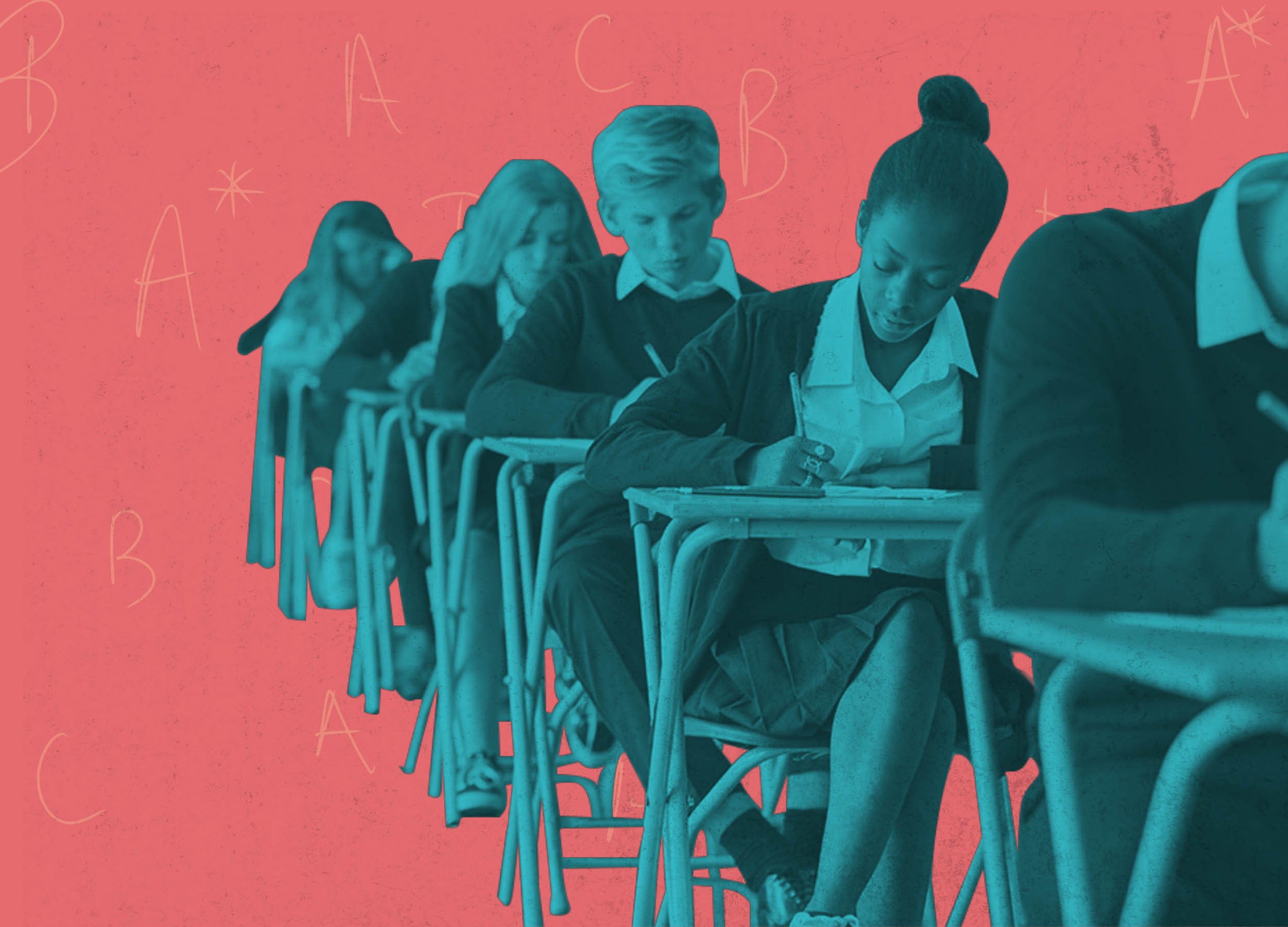
Ages 12 to 18
Mentoring to exam success
Whether they’re approaching GCSEs, A levels or IB, our mentors support students to achieve the best possible exam results, instilling a love of learning that goes beyond school and university.
What we do
Our exam support helps students achieve both academic and personal goals.
For 11+ and UCAS support, learn more about our 11+ Journey and UCAS Journey.
-
13+ Entrance
We support Year 7 & 8 students with their final entrance exams, ensuring they reach their chosen secondary school ready and excited for the challenges ahead.
-
GCSE
We’ve helped thousands of students through the GCSE process, inspiring them to improved grades and greater confidence at school.
-
A Level & IB
We work with students to nail the final hurdle of secondary school, including revision planning, mock preparation and readiness for the summer exams.
Exam mentoring
How it works
Step 1
Make a plan and agree academic focus
Get in touch with our Client Managers to chat through how best to support your child and the key areas of focus leading up to exams.
Step 2
Find the perfect mentor
Depending on your child’s profile and academic needs, we’ll find a mentor most suited to their interests and personality.
Step 3
Start sessions and track progress
Once sessions start, we’ll track the impact of sessions in line with the desired outcomes, whilst mentors write reports after each session.
Our mentors
Meet our exam experts
From the blog
Exam articles & news
Frequently asked questions
-
Mentoring prioritises long-term support, consistency of mentor and the relationship between mentor and mentee. Alongside this, our guide is designed to develop the student personally as well as academically.
-
We always encourage students to start at the beginning of the academic year before their exams. This prevents last minute stress or pressure and ensures the student feels relaxed and comfortable with all elements the exams.
-
Almost always we recommend a hybrid approach. Ideally, the first session is in person to establish a good rapport and thenceforth online to make scheduling easier.
-
The social skills learned in mentoring sessions enable the child to develop better relations with peers, family, and teachers, leading to a cumulative positive effect on the child’s wellbeing and growth of their social capital. Mentoring also develops students’ sense of ownership, because sessions are less prescriptive, enabling the child to have a greater sense of autonomy. This leads to greater motivation and engagement.
-
Constructive feedback is given after each session and reports are shared at the end of each month.
-
We don’t expect you to want or need to change your mentor. Families are permitted one change if things aren’t work effectively.
-
Yes – all our mentors have an Enhanced DBS and experience our own safeguarding training. Many have undergone EduCare’s Level 2 qualification.
-
Each mentor is trained and equipped with the Mentoring Handbook, our very own anthology of exercises and tests that provides structure to the sessions.











